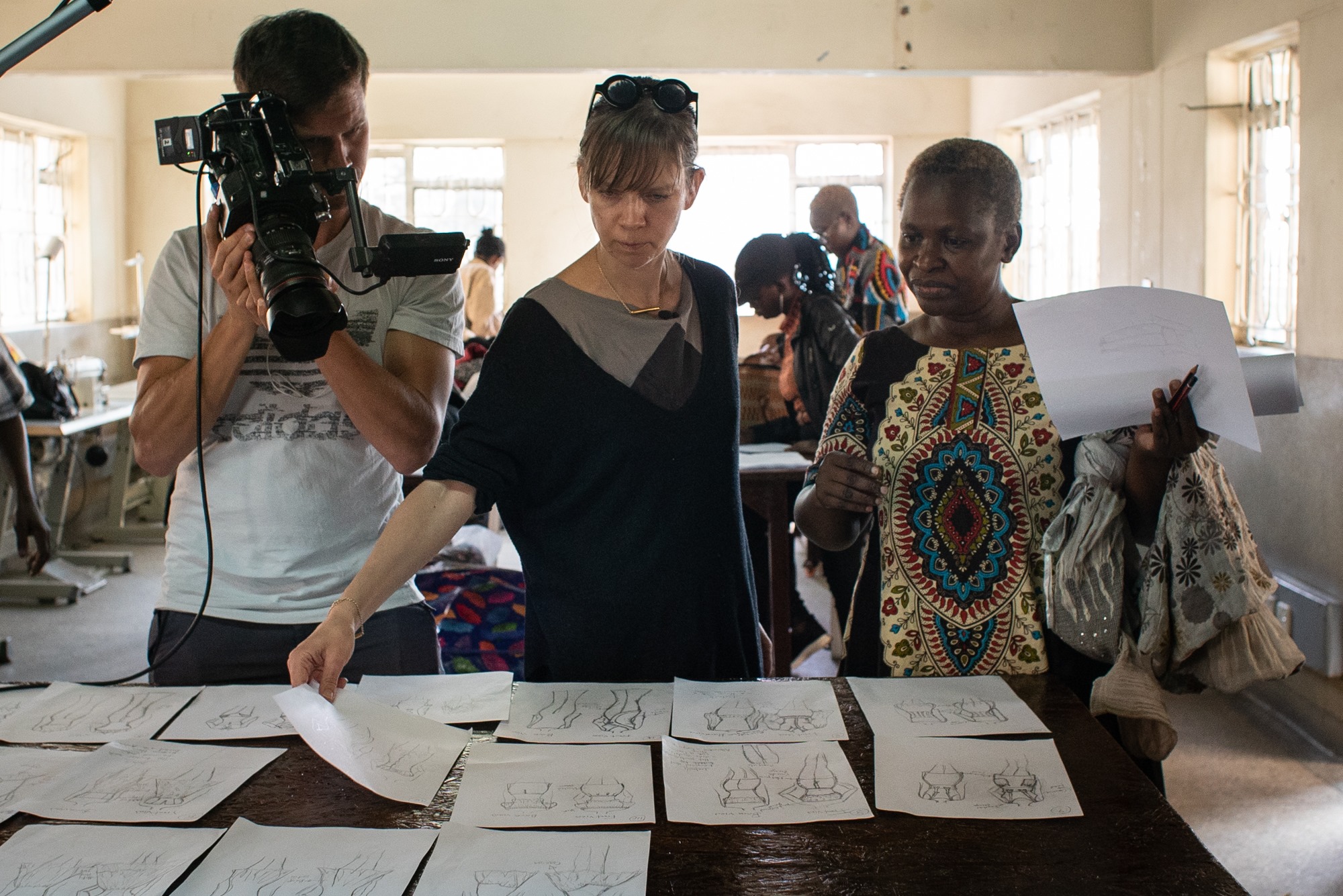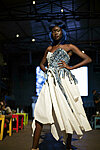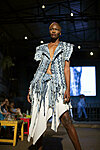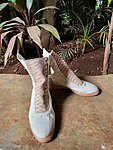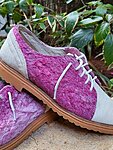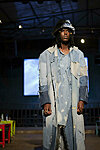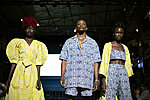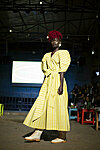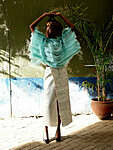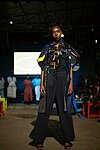Completely Out of Fashion incubator programme in Kenya
In April 2022, a six-month value re-use incubation programme in Kenya called "Totally Out of Fashion" came to an end, with the participation of 12 local Kenyan designers, as well as fashion and textile students from the EKA.
The project "Totally out of fashion", funded by the Estonian Development Cooperation Centre EstDev and organised by the NGO Reuse, took DiMa senior researcher and fashion designer Reet Aus to Kenya this time to map the post-consumer textile waste route imported from Europe, the associated environmental problems, to look for possible solutions for the valuable reuse of textile waste and to identify the potential for the development of new ways of reusing textile waste. or recycling. It is known that Kenya is one of the world's largest importers of second-hand clothing, and nearly half of the weight of this clothing imported under the banner of humanitarian aid finds its way directly into landfills or the soil. The project will also film the follow-up to the 2015 documentary "Out of Fashion" (directed by Jaak Kilm), which captures the journey of textile waste imported into Africa and the inspiring stories of Kenyan women who are bringing second-hand textile waste imported into Africa back onto European fashion catwalks.
Joint efforts to promote circular design between Estonia and Kenya will be strengthened by the academic cooperation between the EKA and Kenya's Moi University, which started in autumn 2021 during President Kersti Kaljulaid's visit to Kenya. The first group of students (Sandra Luks, Cärol Ott, Kristel Aimee Laur, Piibe Tomp, Kerttu Reinmaa and Anette Konksi) from EKA spent two months in Kenya on an internship, working both with textile waste recycling at the Totally Fashionable Outdoors incubator project in Nairobi, with leftover fish skins from the local fishing industry, and on a slightly more industrial scale at one of the largest local textile factories called Rivatex.
Kenya, with its chaotic, colourful, exotic for a European and hectic streets, was a real inspiration for the students. Finding suitable materials for their own collections was aided both by the overflowing piles of textiles at Gikomba's second-hand clothing market and by the local textile scrap company Africa Collect Textiles (ACT), which collects second-hand clothing on a location-by-location basis to give it a new lease of life through value-based recycling. Sandra Luks and Cärol Ott, who used old jeans as the main material in their collections. The girls' desire to use as much as possible of the otherwise useless and leftover pieces of fabric from clothes that had already been cut and were no longer wearable also supported the ACT production unit with its zero waste approach. Sandra, for example, used sewing remnants from old jeans in her collection, which were left as scraps in a warehouse next to the knitting needles of ACT's jeans jackets.
The streets of Nairobi were also the inspiration for 'Not Perfect', a collection where author Kristel Lauri spent countless hours knitting colourful garments in the labyrinthine fabric. The collection's most striking pieces are hand-knitted from pieces of second-hand garments, carefully selected by the designer based on the fabric's composition and shades.
The mini-collection was also presented by Piibe Tomp, Annete Konksi and Kerttu Reinmaa, students who have completed their internships at the Rivatex textile factory. Annete and Kerttu designed a collection of summer print fabrics and Piibe sent in shoes made from local raw materials - naturally dyed fish leather and undyed cotton fabric.

